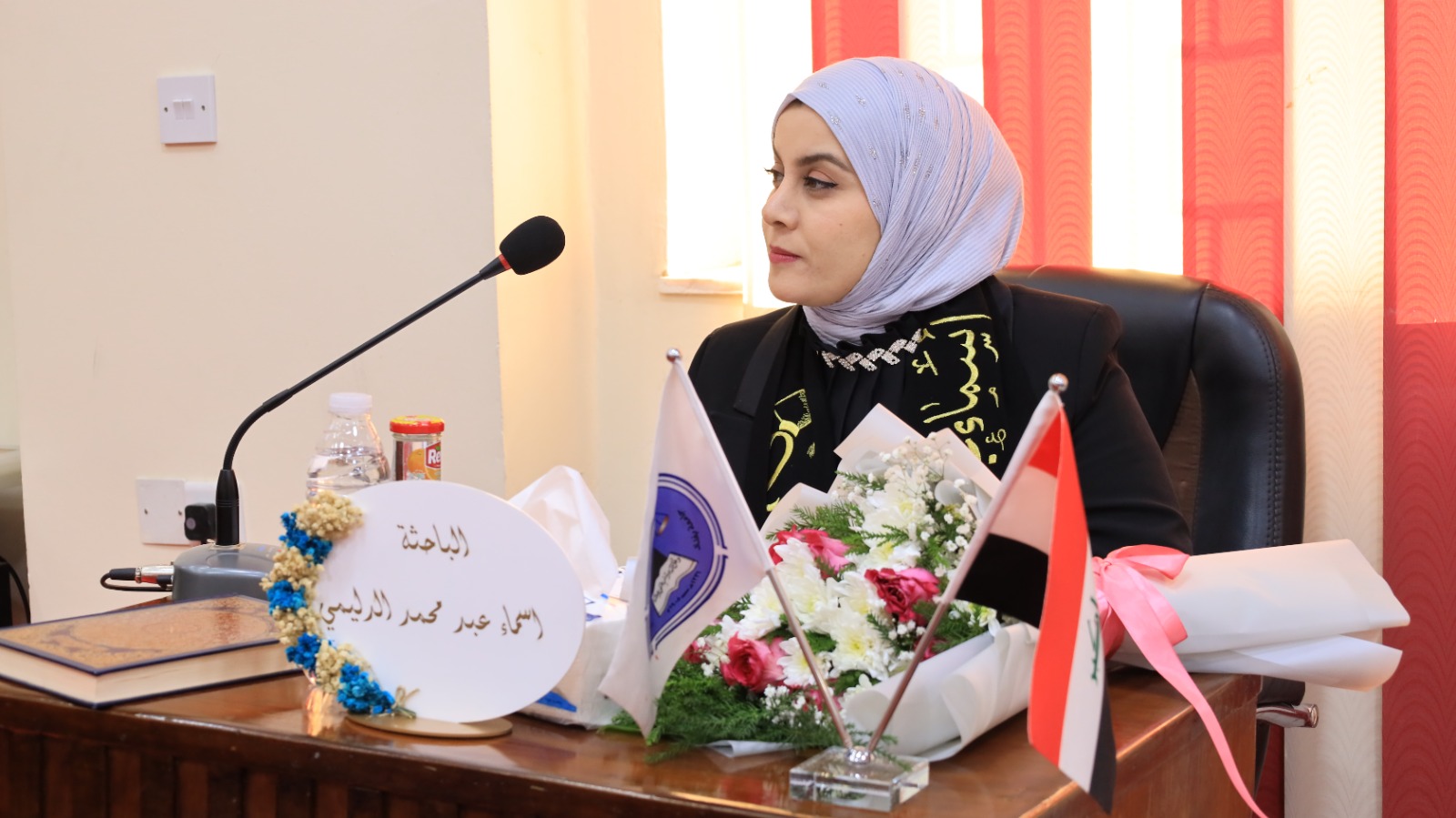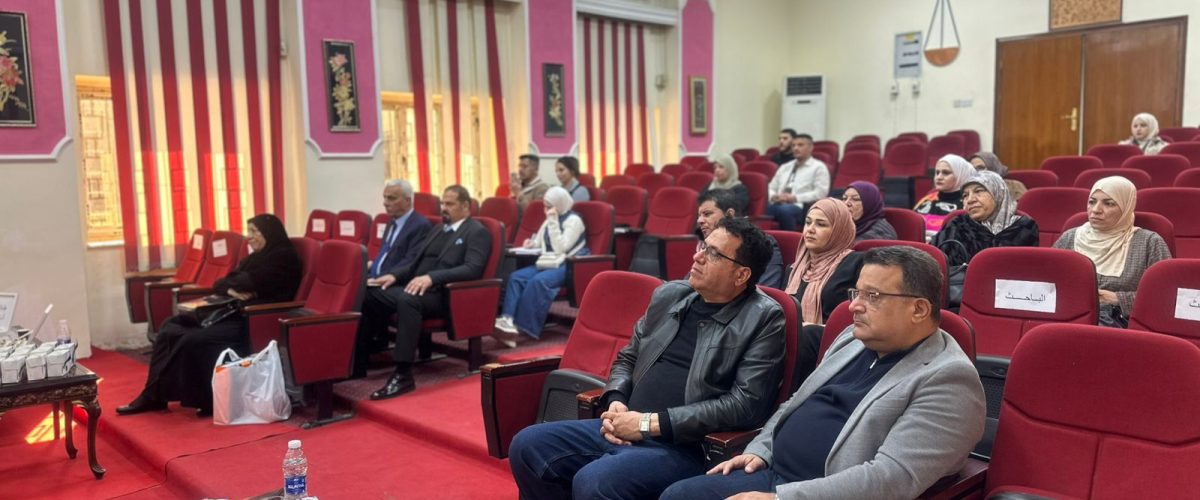The college of Law at the University of Baghdad discussed a dissertation in the of Private Law by the student (Asmaa Abdul Mohammad), titled “The Legal Regulation of the D.B.O.T Contract,” on Wednesday, January 29, 2025, in the college’s conference hall.
The discussion committee consisted of the following members:
- Prof. Dr. Ali Fawzi Ibrahim (Chairman)
- Prof. Dr. Batoul Sarawa Abadi (Member)
- Assoc. Prof. Dr. Haifa Mazhar Falhi (Member)
- Assoc. Prof. Dr. Andlus Hamid Abdul (Member)
- Assoc. Prof. Dr. Lubna Abdul Hussein Issa (Member)
- Asst. Prof. Dr. Khalis Nafi Amin (Member and Supervisor)
The dissertation aimed to clarify the D.B.O.T contract, one of the contractual models issued by FIDIC under the “Golden Book,” which was drafted to minimize the risk of rapid deterioration after project handover due to poor design, manual work, or materials. The Golden Book is suitable for situations that require long-term commitments for operation and maintenance, alongside design and construction obligations. The contractor must operate and maintain the completed project on behalf of the employer for typically 20 years from the date of the handover certificate, issued upon the project’s completion. During this 20-year period, the contractor must meet specific objectives, and at the end of this period, the contractor must transfer ownership of the project to the employer in an agreed-upon condition.
The dissertation included three chapters: the first chapter discussed the nature of the D.B.O.T contract, the second chapter examined the effects of the D.B.O.T contract, and the third chapter addressed the expiration of the D.B.O.T contract and how to resolve disputes arising from it.
The dissertation concluded with several recommendations, including:
- Contracting parties should include clauses in contracts that hold the party responsible for design accountable for serious errors leading to execution problems.
- The Ministry of Planning should make adjustments to the standard documents to facilitate the involvement of the private sector in public sector projects.
-
Organize the conditions related to the contractor’s obligations under the contract and ensure that no powers are delegated without the contractor’s approval, whether delegated to the contractor’s representative or the authorized agent mentioned in the contract.



